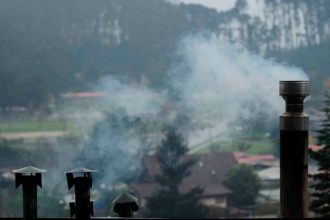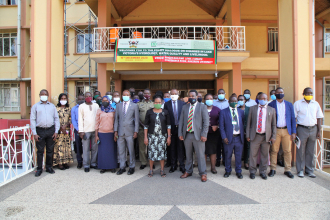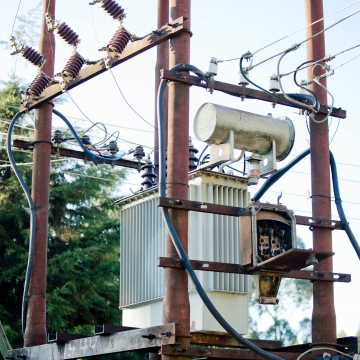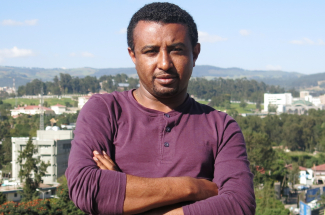Energy poverty measures and the identification of the energy poor: A comparison between the utilitarian and capability-based approaches in Chile
This work explores the consequences that different energy poverty definitions and measures might have for the identification of the energy poor. Using the 2017 National Survey of Public Energy Perception applied to a sample of 3,500 households in Chile, we compare the respective identification outcomes of applying the ten percent rule index (TPRI) and our proposed Perception-based Multidimensional Energy Poverty Index (PMEPI) against the monetary poverty identification outcome.
EfD-Mak Centre at a glance (2019-2020)
The Environment for Development initiative (EfD-Mak) centre Uganda started its full operation in the Financial year 2019-2020. The center went through a full process of institutionalization and…
How EfD is helping Ethiopia steer towards a green economy
Ethiopia has ambitious plans to transition towards a green economy. Meet Dawit Woubishet Mulatu, a researcher at the Environment and Climate Research Center (ECRC), EfD Ethiopia. He spoke with us
Policy Brief on, "Changes in Lake Victoria's Hydrology,Water Quality and Livelihoods". EfD-Mak Center Uganda November 2020
Key Messages
Lake Victoria Basin is facing a number of challenges:

EfD researcher helps revise a plan for reducing air pollution in Chile
EfD researcher Walter Gómez has been invited as an expert to a public-private committee appointed to revise the Atmospheric Decontamination Plan (PDA) in Southern Chile. The plan concerns the…
Who is marginalized in energy justice? Amplifying community leader perspectives of energy transitions in Ghana
There is a divide in energy access studies, between technologically-focused modeling papers in engineering and economics, and energy justice frameworks and principles grounded in social sciences. Quantitative computational models are necessary when analyzing energy, and more specifically electricity, systems, as they are technologically-complex systems that can diverge from intuitive patterns.

EfD-Mak Centre Hosts End of year (2020) Policy Dialogue on Changes in Lake Victoria’s Hydrology, Water Quality and Livelihoods
The end of year EfD-Mak Centre policy dialogue was held on 16th December, 2020 at Makerere University Senate Conference Hall. The policy dialogue attracted over 60 participants drawn from the members…

New book edited by EfD researcher Carlos Chávez analyses the mining sectors in Chile and Perú and its environmental challenges
Chile EfD researcher Carlos Chávez along with Patricio Meller, edited a book that analyses the current situation of the mining industry in Chile and Perú, and set many challenges from an environmental…
EfD-Mak Policy Brief on Governance of Natural Resources Utilisation In Uganda
KEY MESSAGES
Sustainable and efficient governance and utilization of natural resources requires:
1. Transparency, accountability, rule of law, inclusive participation and cooperation of all stakeholders and actors in natural resources. 2. Balancing economic, social and environmental goals in all government programs and plans including private investments.
Pagination
- Previous page
- Page 33
- Next page

